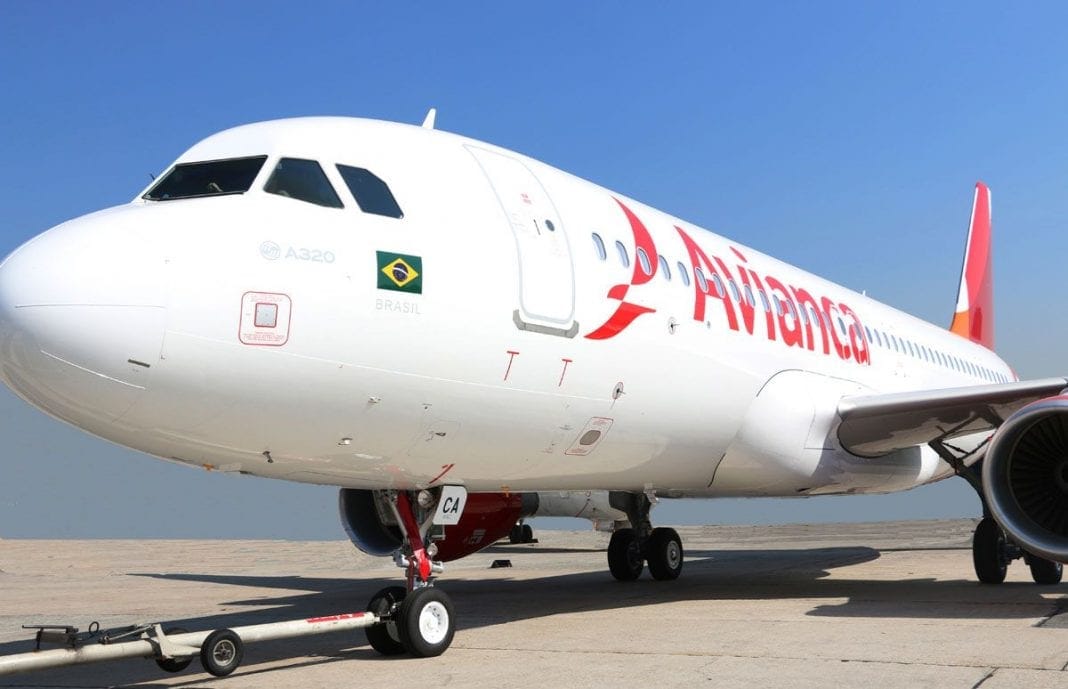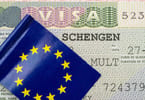Gov. Sean Parnell’s administration and the Alaska Cruise Association are seeking a rollback of 2006’s head tax initiative that imposed a $46 per passenger tax, telling legislators the industry blames the tax for fewer cruise ship passengers coming to Alaska this summer.
Legislators who heard Attorney General Dan Sullivan and Alaska Cruise Association President John Binkley testify before the powerful House Finance Committee this week have had tough words for the governor, and for the industry.
Parnell’s proposal is based on an agreement he’s reached with the cruise ship industry to give back the entire amount of the tax this year.
Sullivan told legislators his office was trying to reach an agreement with the industry to drop its lawsuit against the state, but was promising to vigorously defend it if no agreement is reached.
Rep. Bill Thomas, R-Haines, demanded to know from Curtis Thayer, deputy commissioner of the Department of Commerce and Economic Development, whether Parnell’s proposal was an effort to overturn or reduce the initiative on which the the people of Alaska voted.
“Yes or no?,” he persisted, when Thayer didn’t answer directly.
“It modifies (the initiative), like it’s been modified four times already,” Thayer said.
Under state law, legislators can repeal voter-approved initiatives after two years, but elected officials are typically reluctant to do so. The initiative was modified at the industry’s request last session, with the support of Responsible Cruising for Alaska.
Thomas said Parnell’s rollback of the head tax would “overturn a vote of the people” and reduce fees for port communities, some of which he represents.
“The meat of the whole initiative was the head tax,” Thomas said.
In the Senate, a companion head tax bill proposed by Parnell has received less discussion.
Tuesday, Sen. Bert Stedman, R-Sitka, said a bill in the Finance Committee might still move it out this year.
“We’ll see what kind of support there is,” he said.
Binkley said Parnell’s proposal would “make an adjustment” in the head tax the industry thinks is keeping visitors from coming to the state.
Alaska is expecting 142,000 fewer cruise ship passengers this summer, down from about 1 million in 2009.
Rep. Alan Austerman, R-Kodiak, expressed doubts that the state’s head tax was the reason, and that a cut would bring more visitors.
“I still have a difficult time thinking that’s going to make a big difference,” he said.
Rep. Woodie Salmon, D-Beaver, said the economy has been in a slump caused by the banking and housing industries, and told Binkley that was more likely the cause of the decline than the head tax.
“It seems like you are blaming everything on regulations, taxes, but you don’t say anything about the world economy – there’s a lot of people hurting,” he said.
Binkley said the evidence of the impact of the tax was that destinations in Asia, Europe and the Carribbean are seeing more visitors, while Alaska is down.
Cruise lines are doing extremely well elsewhere, he said, with industry profits back up in other destinations.
“There’s been a tremendous optimism in the industry, except for one destination, and that’s Alaska,” Binkley said.
It is clear the head tax is the cause of this summer’s decline, Binkley said, because it was the tax that led to cruise lines pulling ships from Alaska.
The head tax, while imposed on passengers, is actually paid by the cruise ship companies, he said. That makes the industry reluctant to deploy ships here.
“They really had to absorb the cost of the head tax in their fare structure,” Binkley said.
If the head tax is lowered, Binkley said the industry would give that money back to cruisers so they could spend it on port attractions.
“This is money that will go back to the passengers,” he said.
Cruise ship visitors to Southeast are down this summer by about 15 percent, and are down by 30 percent in Southcentral, Binkley said.
Those ships tend to have higher cost to passengers because they involve airfare either to or from Anchorage, he said. Because of the economy, fewer passengers were booking land tour packages into the Interior after their cruise ended, he said.
Alaska cruises are inherently expensive, Binkley said, because departure points are not within driving distance of the nation’s population centers.
Rep. Thomas suggested that the head tax rollback be made contingent upon the cruise industry relocating ships to Alaska, and that the tax be reviewed within a few years to make sure it had done just that.
That would let Alaskans see “if they’re just jacking us around,” he said.
Austerman asked what a reduction in the head tax would buy for Alaska.
“How many of those 142,000 passengers will come back,” Austerman asked.
Binkley said there was no precise science which could answer that question.
Salmon said he agreed with Austerman that the amount of the head tax was not a significant expense to someone spending thousands on a cruise ticket, though he acknoweledged that he did not know what a ticket cost.
“You guys’ theory is not correct, it seems to me,” he said.
WHAT TO TAKE AWAY FROM THIS ARTICLE:
- Sean Parnell’s administration and the Alaska Cruise Association are seeking a rollback of 2006’s head tax initiative that imposed a $46 per passenger tax, telling legislators the industry blames the tax for fewer cruise ship passengers coming to Alaska this summer.
- Woodie Salmon, D-Beaver, said the economy has been in a slump caused by the banking and housing industries, and told Binkley that was more likely the cause of the decline than the head tax.
- Bill Thomas, R-Haines, demanded to know from Curtis Thayer, deputy commissioner of the Department of Commerce and Economic Development, whether Parnell’s proposal was an effort to overturn or reduce the initiative on which the the people of Alaska voted.






















